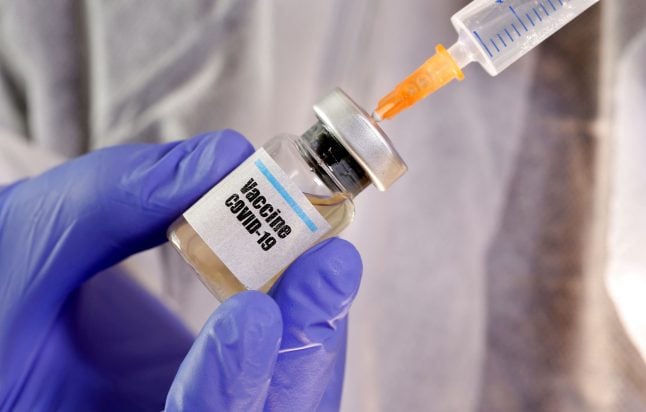A spokesperson for the festival admitted he was unsure whether Northside will still exist in 2029, despite the ticket availability, DR reports.
A regular ticket for entry to each of the festival’s three days – which in 2020 fall on June 4th-6th – costs 1,895 kroner.
That means a saving of 1,645 kroner or 87 percent of its normal value can be garnered by being patient for almost three decades.
The cheap tickets are a joint promotion between Northside and Danica Pension as part of a campaign to “get Danes to fill their futures with the things they love today,” the festival said in a press statement.
Danica Pension head of marketing Dorthe Krogh Jensen said in the press release that ticket sales were not the primary goal of the campaign, which aims to get people to think about their pensions.
“The idea is to get more Danes – especially those who still have a few decades until they draw a pension – to think about the kind of life they want to lead in the future,” Jensen said.
The fact remains that tickets for Northside 2049 go on sale on January 16th for the price of 250 kroner, via Ticketmaster.
Northside’s partner and sustainability manager Martin Thim admitted to DR that nobody knows whether the festival will still exist at the century’s halfway point.
“But we are definitely backing Northside to still exist in 30 years. This campaign and thought experiment is interesting for us, because we want to start a discussion and consideration of what the world will look like in 30 years,” Thim told the broadcaster.
The 250 kroner ticket fee will be returnable if “against our expectations, Northside doesn’t exist” when 2049 comes around, he added.
READ ALSO: VIDEO: Northside festival gets drenched on opening day




 Please whitelist us to continue reading.
Please whitelist us to continue reading.
Member comments